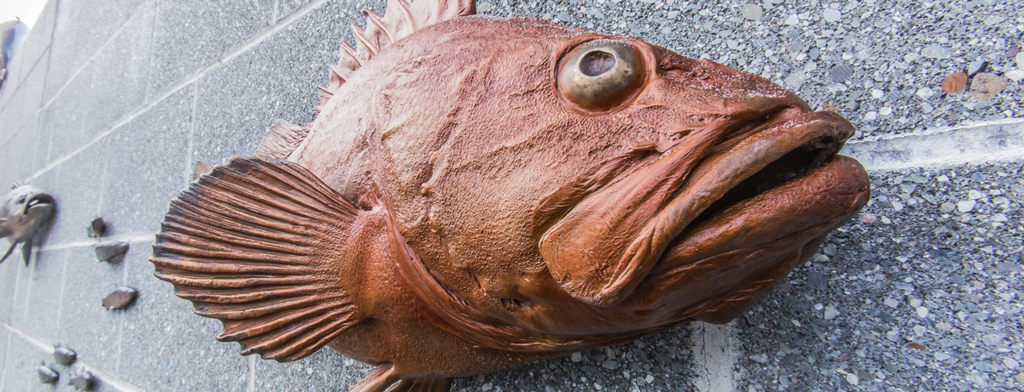Fisheries
Conduct cutting-edge research on some of the world’s largest sustainable fisheries under the mentorship of world-renowned fisheries scientists.
The master’s in fisheries degree at the University of Alaska Fairbanks offers unparalleled opportunities for field- and laboratory-based research in both fresh and marine waters throughout Alaska. Working at facilities in Juneau, Seward, Kodiak and Fairbanks, our students tackle a wide range of biological challenges, from quantitative stock assessment, to biology and ecology of marine and freshwater species, to human dimensions.
You can earn your fisheries degree at UAF from wherever you have an internet connection, as a full- or part-time student. You’ll graduate qualified, experienced and ready to pursue your career: 100% of our fisheries degree alumni find employment in their chosen fields after graduation.
Get more information
Why Earn Your Fisheries Degree at UAF?
Alaskans rely on sound science to sustain their rich fisheries and carefully manage the harvest of fish and shellfish. Our fisheries management degree faculty educate the scientists who work in Alaska’s industry and conservation agencies, and are at the forefront of cutting-edge research in the Arctic and sub-Arctic. For our students, this means opportunities to gain first-hand knowledge of biology, ecology, and human dimensions of the field, working at facilities adjacent to some of the largest sustainable fisheries in the world.
What Can You Do With a Fisheries Science Degree?
UAF's master’s in fisheries degree has a proven track record of success: 75% of our students publish their research in peer reviewed professional journals and 100% find jobs in their chosen field after graduation. Most of our graduates pursue Alaska fisheries jobs with federal, state and tribal agencies. Many also go on to work with private environmental and biological consulting firms.
Wildlife and fisheries degree jobs
Our graduates find employment in Alaska and across the country, with a variety of conservation agencies and organizations such as:
- Alaska Department of Fish and Game (ADFG)
- S. Fish and Wildlife Service (USFWS)
- National Oceanic and Atmospheric Administration (NOAA)
- U.S. Bureau of Land Management (BLM)
Wildlife and fisheries degree salary
According to recent data from the U.S. Bureau of Labor Statistics, fisheries professionals and biologists in Alaska earn an average salary of $76,640.
Requirements for a Fisheries Management Degree
Fisheries degree students at the University of Alaska Fairbanks take classes and engage in research on a variety of fisheries-related topics. Program strengths include quantitative science, fisheries management and human dimensions, biology and ecology, and seafood technology.
Graduate Programs Related to Fisheries
Get Started on Your Master’s Degree in Fisheries
Take the next step toward earning your master’s degree. We have the resources to help you get started.



